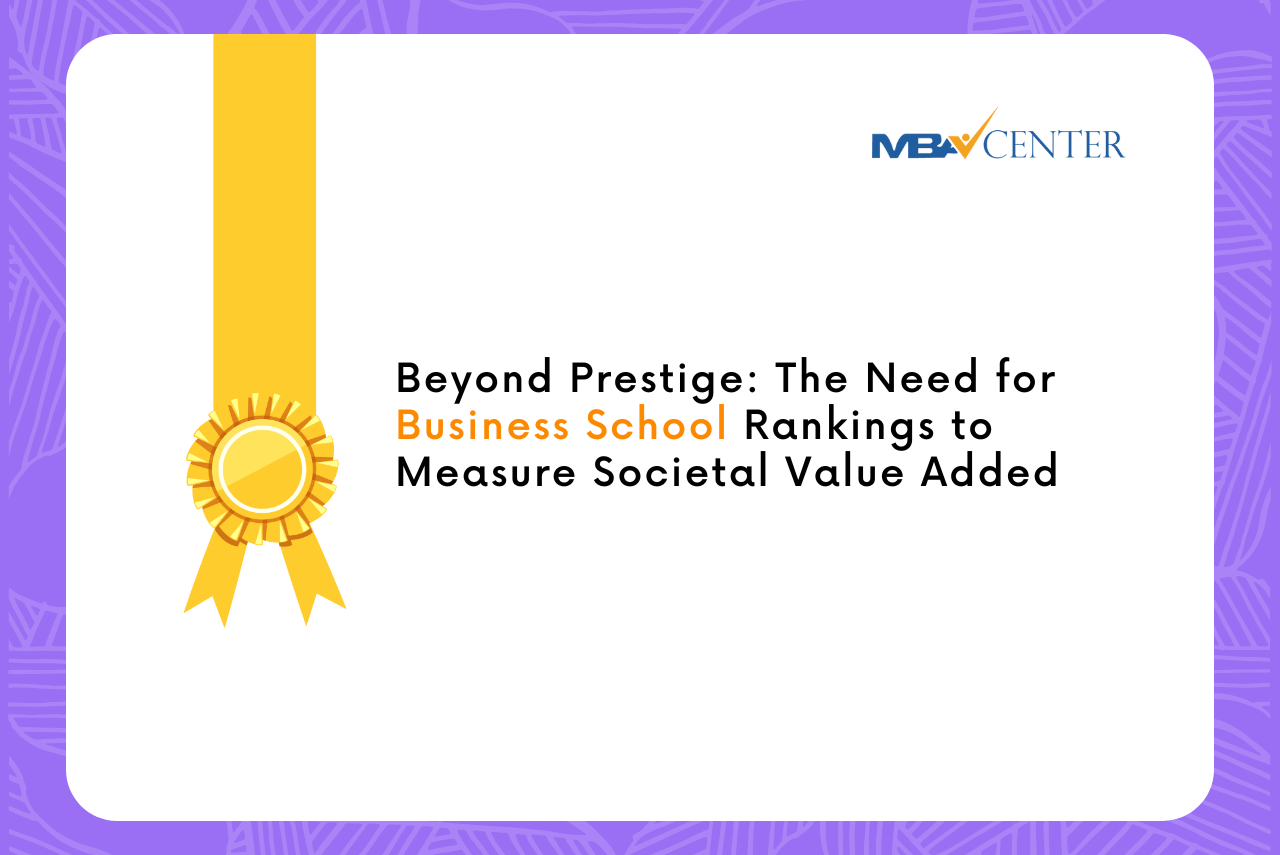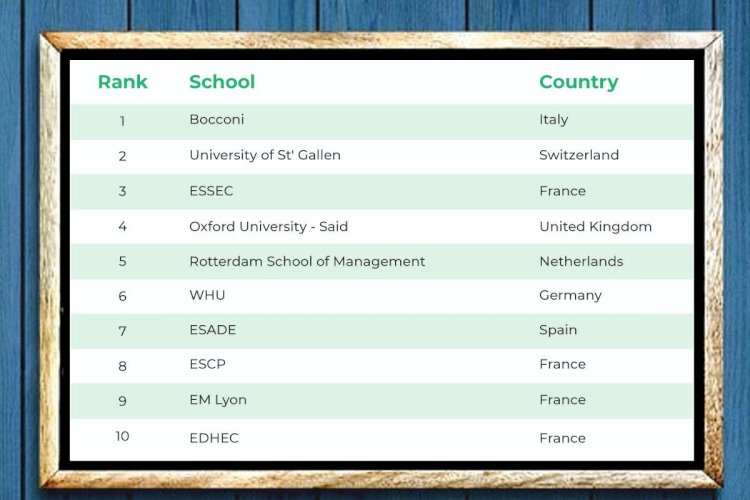
Business school rankings are an important tool for prospective students and employers to assess the quality of different MBA programs. However, many experts argue that current rankings fail to capture the full value of business schools. Specifically, they argue that rankings must measure the societal value added by business schools, in addition to traditional metrics like student outcomes and faculty research.
The notion of "societal value added" refers to the broader impact that business schools have on society beyond their immediate stakeholders, such as students and faculty. This impact can take many forms, such as promoting social responsibility, advancing sustainability, and promoting economic growth.
One key argument in favor of measuring societal value added is that business schools have a responsibility to contribute to society beyond just educating students and conducting research. This responsibility stems from the fact that business schools are part of the larger economic system and have a significant impact on society.
Moreover, measuring societal value added can help shift the focus of business schools from simply maximizing profits and shareholder value to promoting broader societal goals. By recognizing and rewarding business schools that prioritize social responsibility and sustainability, rankings can help drive positive change in the business world.
There are many different ways that business school rankings can measure societal value added. One approach is to include metrics that capture a school's impact on the local community, such as the number of community service hours completed by students and faculty or the economic impact of the school on the surrounding area. Another approach is to look at a school's commitment to sustainability and environmental responsibility. This could include metrics like the percentage of courses that include sustainability content or the school's carbon footprint.
Finally, rankings could consider a school's contribution to promoting social responsibility and ethical behavior in the business world. This could include metrics like the percentage of graduates who go on to work in socially responsible or ethical companies or the number of partnerships with non-profit organizations or social enterprises.
While there are many potential ways to measure societal value added, there are also challenges to implementing this approach. One of the main challenges is that societal value added is a difficult concept to define and measure, and there may be disagreement about what metrics are most important.
Moreover, there is a risk that measuring societal value added could simply become another way for business schools to compete for prestige and rankings, rather than truly promoting positive change in the business world.
Despite these challenges, many experts believe that measuring societal value added is a necessary step for business schools to take. By recognizing and rewarding schools that prioritize social responsibility and sustainability, rankings can help promote positive change in the business world and encourage business schools to take a broader view of their role in society.
Overall, business school rankings must evolve to capture the full value of business schools, including their impact on society beyond just student outcomes and research. By measuring societal value-added, rankings can help shift the focus of business schools towards promoting social responsibility and sustainability, making them an important tool for driving positive change in the business world.
Also read: Online Business Learning Booms as Job Market Surges
 MBA Center Global
MBA Center Global 























